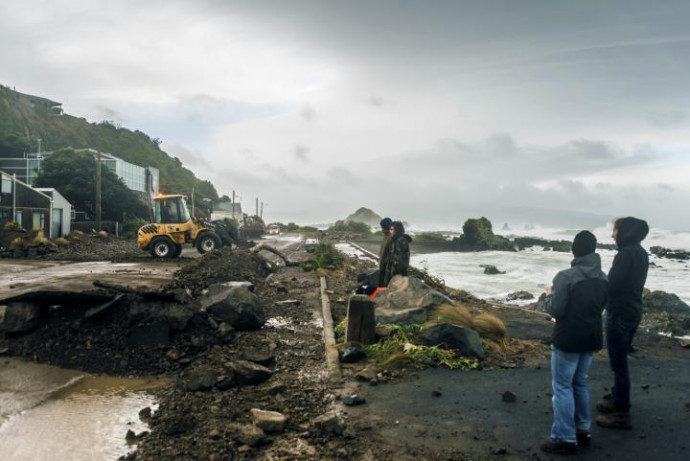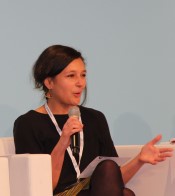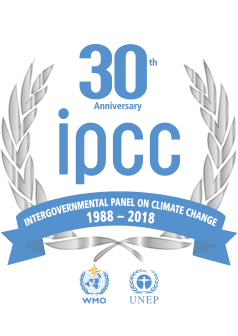News
Published 23 April 2018Video: How to talk, teach and write about climate change

This discussion looks at fresh approaches to communicate about the issues surrounding climate change and also reducing the impacts of global warming.
New ideas about how to talk, teach and write about climate change offers fresh approaches to teach and talk about climate change, aimed particularly at students, journalists and teachers as well as the general public. It was presented in partnership by University of Canterbury, Ngāi Tahu, IPCC, the New Zealand Agricultural Greenhouse Gas Research Centre and Royal Society Te Apārangi, ahead of the Inter-Governmental Panel on Climate Change (IPCC) meeting of the IPCC’s Special Report on Climate Change and Land, one of three Special Reports that the IPCC will publish in the next two years.
The speakers explore how they engage communities in the issues of climate change, as well as how they develop communication materials that are practical and action-oriented.
New ideas about how to talk, teach and write about climate change
Christchurch | Friday 23 March 2018
Speakers include:
Dr Marion Ferrat (UK) Head of Communications and Stakeholder Engagement for IPCC Working Group III, which assesses the options for reducing climate change. She previously worked as specialist on the Energy and Climate Change Committee in the UK Parliament, has a PhD in palaeoclimatology and climate modelling, a Masters in Science Communication and a Masters in Geophysics from Imperial College, London.

Dr Daniel Collins (NZ) is a hydrologist at NIWA. His research examines the movement of water through the natural and human-modified water cycle. Daniel frequently discusses climate change science with government, community and industry groups, and the media, using social media and citizen science to expand engagement with the public.
Rebecca Macfie (NZ) is an award-winning journalist who has written about business, environmental and social issues for three decades. A senior writer with the New Zealand Listener 2007-2018, in 2017 she was awarded a Wolfson Fellowship by the Newspaper Publishers Association, to spend 10 weeks at Cambridge University to research financial, economic and policy responses to climate change.
Dr Deirdre Hart (NZ) is a Senior Lecturer in Geography at University of Canterbury where she researches the physical, biological and human (built environment lifelines) processes and interactions in coastal environments. Her research approach is multi-disciplinary and she is an experienced research communicator.
Emma Puloka (Tonga) is a doctoral candidate at the University of Canterbury's College of Education, Health and Human Development researching conceptualisations of local environmental issues in Year 10 Science: talanoa from Tonga and Vanuatu.

